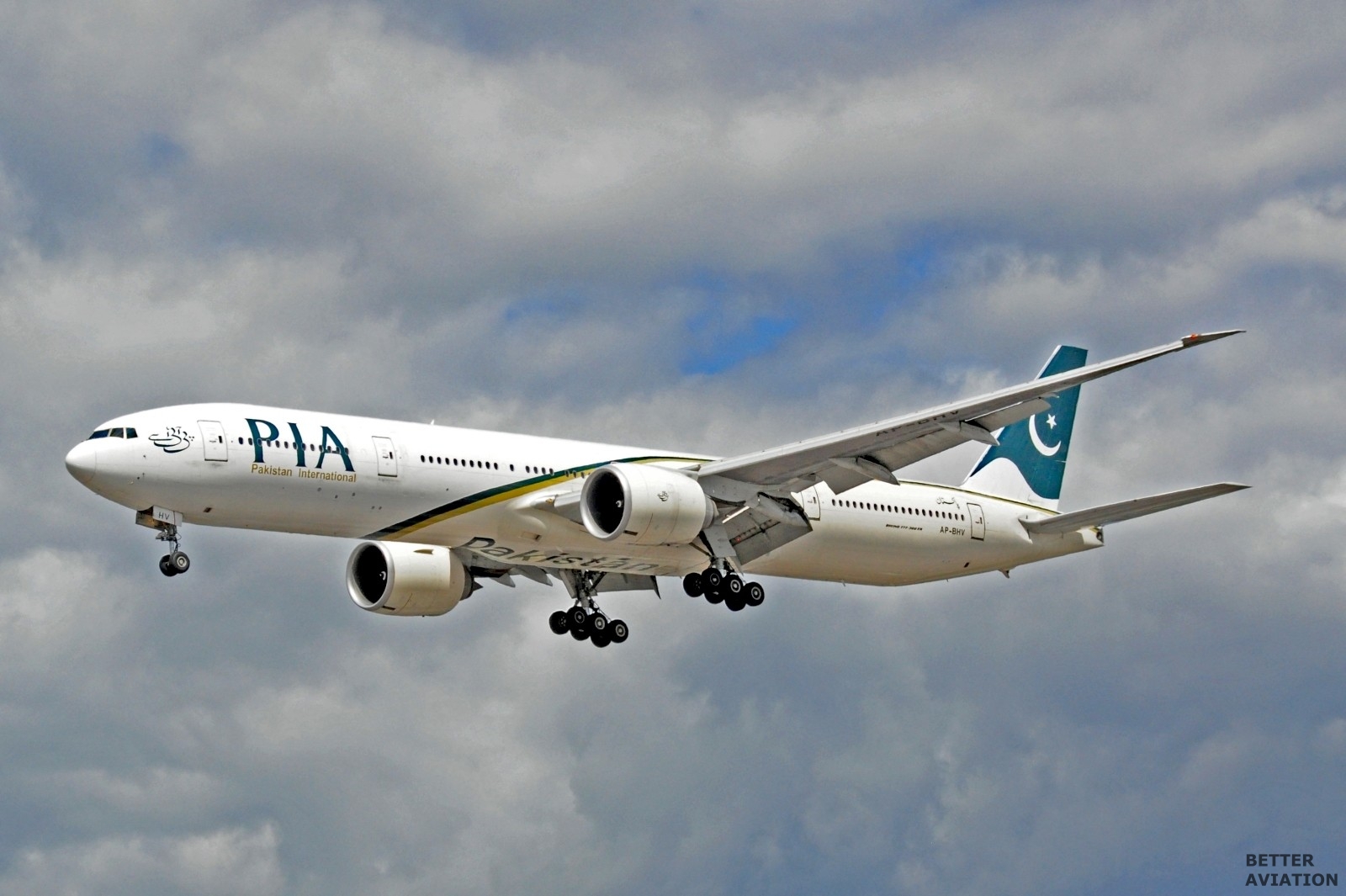Becoming a pilot is a prestigious and fulfilling career goal that requires rigorous training and a long-term commitment to growth and discipline. Pakistan International Airlines (PIA) offers aspiring aviators an incredible entry point through its Cadet Pilot Program, designed to develop skilled professionals who can contribute to the airline’s legacy and the broader aviation industry. For those with a background in science or medical-related studies, this program also provides unique crossover opportunities into the world of aviation.
A Comprehensive Training Program
Once selected, cadets are enrolled in a structured training program at the PIA Training Centre or an affiliated flying school. This training is divided into two main phases:
- Ground School Training: Here, cadets study theoretical subjects such as aviation meteorology, aircraft systems, navigation, air law, and human factors. The inclusion of human physiology and medicine-related topics such as in-flight medical emergencies makes it particularly interesting for individuals from medical and allied health backgrounds.
- Flight Training: After successfully passing the ground exams, cadets proceed to hands-on flying lessons. Under the supervision of experienced instructors, they accumulate flight hours required for obtaining a Commercial Pilot License (CPL). This stage focuses on real-time piloting skills, cockpit management, and operational safety.
The emphasis on health, stress management, and emergency protocols gives candidates from medical fields an edge, especially in understanding the physiological aspects of flying.
Career Advancement within PIA
Once cadets earn their CPL and join the PIA cockpit crew as First Officers, their career path is well-defined and full of growth potential. Pilots can advance through several ranks, including:
- First Officer (Co-Pilot)
- Senior First Officer
- Captain
- Fleet Captain or Training Captain
With years of experience, pilots may also transition into training, safety inspection, or managerial roles. PIA supports continuous professional development through recurrent training programs and simulator sessions, keeping skills sharp and aligned with global aviation standards.
Job Security and Benefits
PIA offers a stable and rewarding career, often including:
- Competitive salary and allowances
- Health and life insurance
- Retirement benefits
- Family medical coverage
- Travel privileges
These benefits make the position attractive not only from a financial standpoint but also from a lifestyle and wellness perspective, especially for those with a family background in healthcare or service industries.
Why This Program Appeals to Medical and Science Graduates
While most people associate pilot training with engineering or technical fields, individuals from medical sciences can also thrive. The understanding of human anatomy, emergency response, mental alertness, and bio-science principles are all highly relevant in aviation. Moreover, PIA’s focus on in-flight health and passenger safety adds further relevance to applicants from healthcare backgrounds.
How to Apply
To explore current opportunities and eligibility details, you can visit the official application page for PIA Cadet Pilot Jobs. This link provides access to application forms, deadlines, and key requirements for the 2025 intake.
Final Thoughts
The PIA Cadet Pilot Program is not just a training initiative — it’s a career-building platform that opens doors to lifelong growth. Whether you’re a fresh graduate in pre-medical or someone from a health-related field seeking a new direction, this program could offer the perfect blend of technical skills, human science, and professional development.
By joining PIA, you not only get the chance to fly aircraft but also to contribute to national pride and public service, while building a stable and rewarding career.


